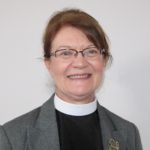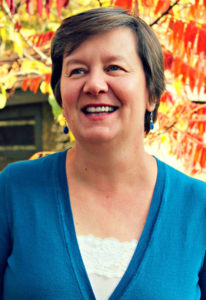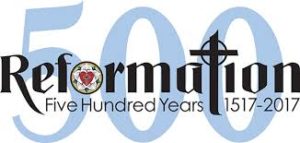
Tuesday, February 7
4:00 p.m. – Mary Circle, Naomi Craft hosts
7:00 p.m. – White Privilege Conversation
Wednesday, February 8
7:30 a.m. – Men’s Breakfast
10:30 a.m. – Pr. Amy at Aase Haugen
1:00 p.m. – Pr. Amy at Wellington Place
2:00 p.m. – Miriam Circle – Bev Nelson hosts at church
6:00 p.m. – ConFest and Conference Assembly at Decorah Lutheran
7:00 p.m. – Choir rehearsal
8:00 p.m. – Band rehearsal
Thursday, February 9
10:00 a.m. – Bible Study with Pastor Amy
1:30 p.m. – Property and Management Committee
Sunday, – February 12 – Sixth Sunday after Epiphany
8:45 a.m. – Band Warm Up
9:30 a.m. – Worship with Holy Communion
10:30 a.m. – Fellowship Hour
10:45 a.m. – Adult Forum – John Moeller on the new political climate
10:45 a.m. – Sunday School and Confirmation Class






